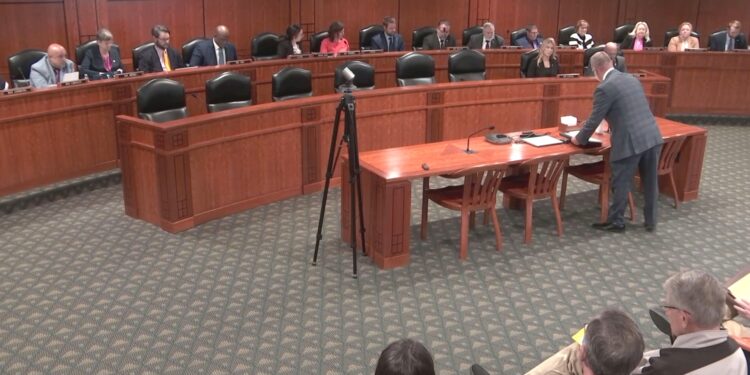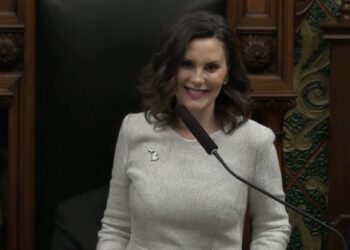LANSING, Mich. (WZMQ) – State lawmakers are seeking to reverse a controversial law passed in 2023. The goal was to make it easier to build solar and wind farms in Michigan by giving the Public Service Commission the final say when approving new projects.
The bill caused conflict from the start, even with a Democratic majority at the time, the laws were passed by only one vote in the House. Even at the time, Representatives said it’s because the language gives all the power to the state, and none to the communities that are impacted.
The two new bills would modify the law to give local municipalities greater control. The current law does require the permission of the landowner. Still, the changes were introduced because lawmakers stated that renewable farms have a greater impact on the area and should therefore require the approval of the broader community. State Representative Greg Alexander (R-Carsonville) testified on behalf of his bills in the House Energy Committee on Tuesday.
This legislation is not an attack on renewable energy. I’m not opposed to wind and solar program developments when they’re supported by the communities who have to live with them.” Alexander said. “This is about opposing government overreach and takeover. They silenced that voice at the local level, handing it over to three unelected bureaucrats who may have never even set foot in the communities they now have the power to overrule.”
Repealing the language in these bills was a promise U.P. Representatives campaigned on, and they said they are happy to deliver. Representative Dave Prestin (R-Cedar River) emphasized that they are not trying to slow down the switch to renewables, but rather give local leaders more say over where it is built.
“It wipes out zoning issues, quality of life issues, noise abatement issues,” Prestin said. “The local units should have a say. We’re just looking to reinstate local rights and local say over what happens in their townships, in their counties. their communities.”
The bills were voted out of committee last week and are expected to be taken up on the House floor soon for a vote. If passed, they’ll move on to the Senate for further consideration.








